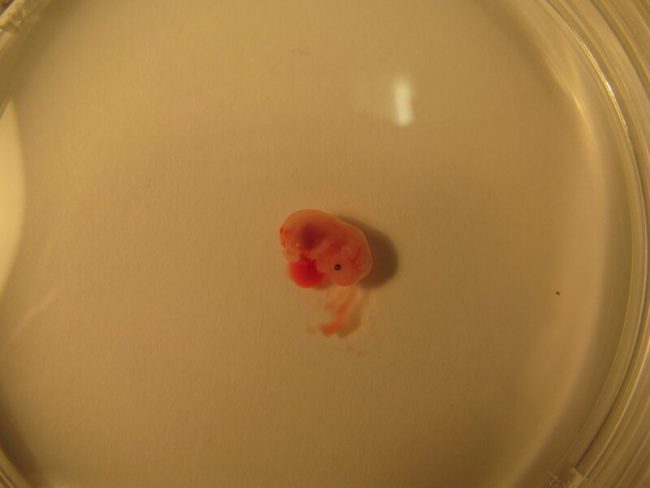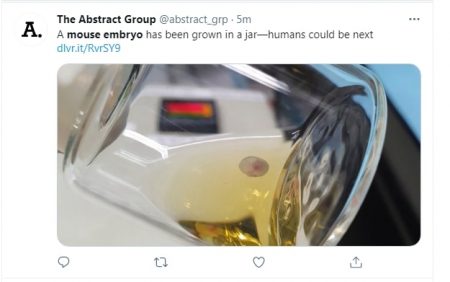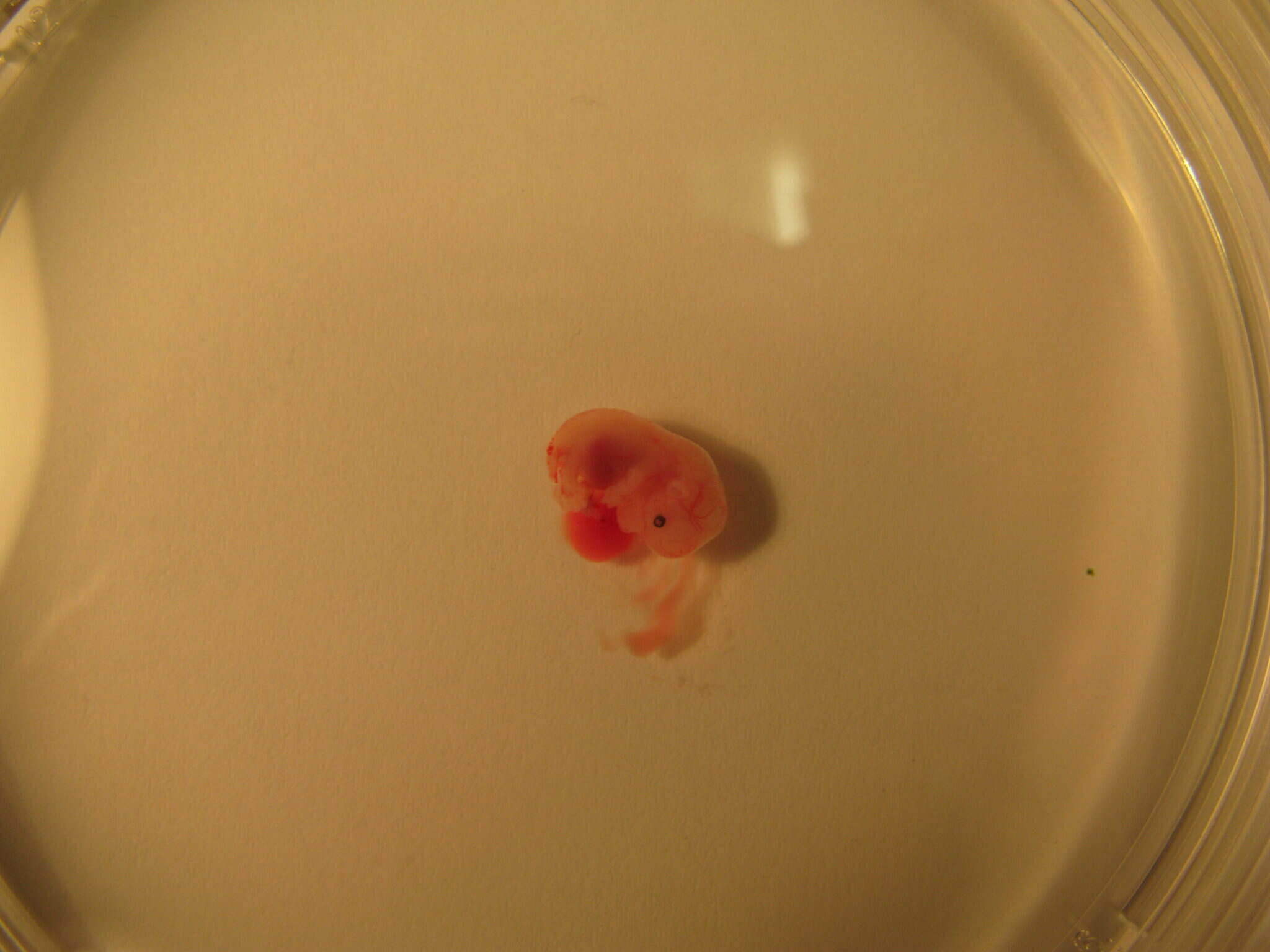|
Getting your Trinity Audio player ready...
|

Scientists have developed an artificial womb to grow mouse embryos. This new development was reported by Science on March 17, 2021. Researchers in Israel developed the mechanical uterus. This system includes rotating bottles that are filled with nutrients.
They were able to keep the mouse embryos alive from day five until day 11. This is a little over half the mice’s gestation process — which is a 20 day period. By day 11, the mouse embryos have developed hind limbs and all of their major organs.
Alexander Meissner — not involved in the research — from the Max Planck Institute for Molecular Genetics developmental biologists says the machine “looks very spectacular.” Meissner further stated that he was amazed “[the researchers] can culture these embryos and keep them alive for such a long time.”
 Weizmann Institute of Science developmental biologist Jacob Hanna and his colleagues worked for more than seven years on the artificial womb. Through trial and error, they were able to produce the machine. Formerly, scientists were able to grow mouse embryos in a lab setting for the first three to four days of development.
Weizmann Institute of Science developmental biologist Jacob Hanna and his colleagues worked for more than seven years on the artificial womb. Through trial and error, they were able to produce the machine. Formerly, scientists were able to grow mouse embryos in a lab setting for the first three to four days of development.
Normally during mouse pregnancies, the embryo connects to the wall of the uterus. Then the placenta begins to form. At this time the embryo’s cells state to transform into more specific types of stem cells. These cells will form different tissues.
It is extremely tough to grow developing mouse embryos outside a womb beyond a day or two. The new system developed by Israeli scientists has increased this time frame by a week. The mechanical womb was first reported by Nature.
Other than nutrients, scientists used rotating glass bottles to provide the embryos with enough atmospheric pressure and oxygen. Hanna says that the hardest part was ensuring the correct oxygen and air pressure. Together he and his colleagues “learned how to control the ventilation system.”
This new system may open new doors for furthering embryo growth outside of a uterus. Many speculate that scientists may be able to grow human embryos in this manner sometime in the future.
Written by Sheena Robertson
Source:
Science: No uterus, no problem: Mouse embryos grown in bottles form organs and limbs; by Gretchen Vogel
Featured and Top Image Courtesy of Pazit Polak’s Flickr Page – Creative Commons License



